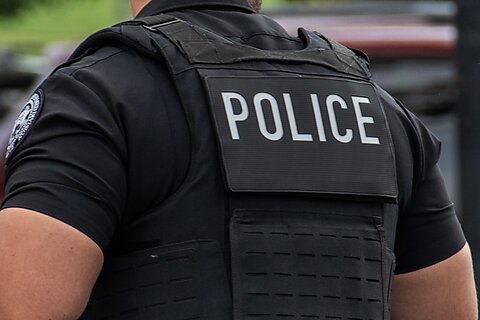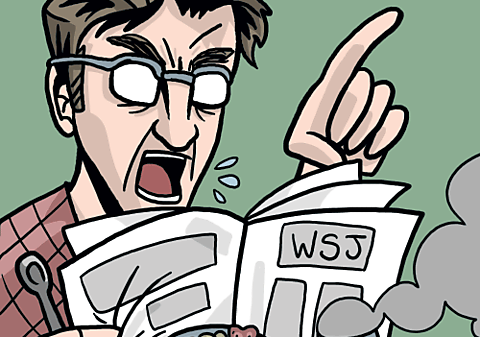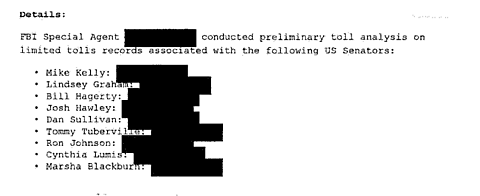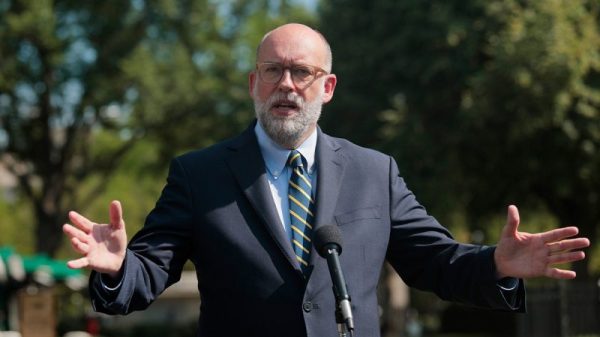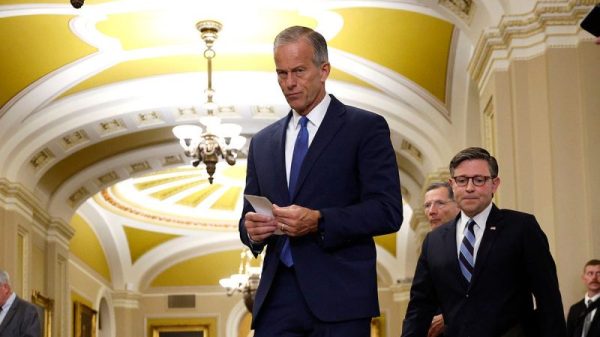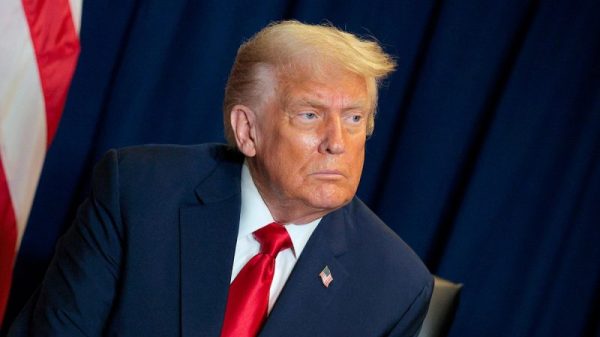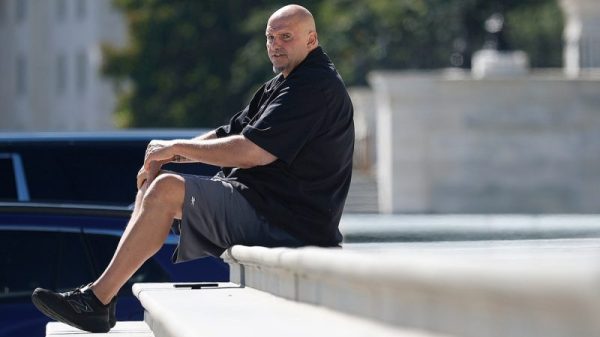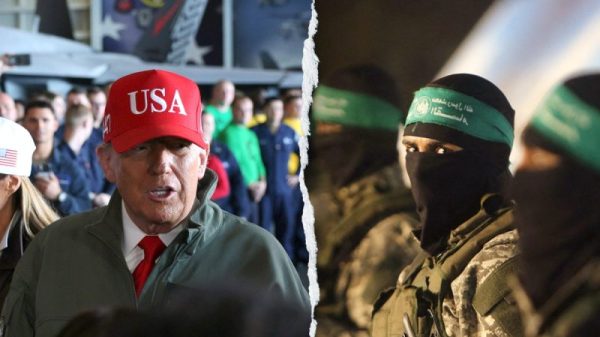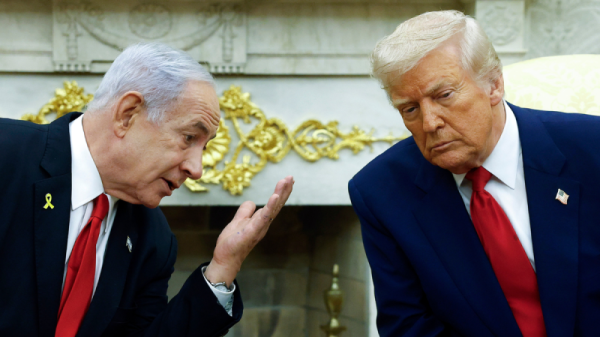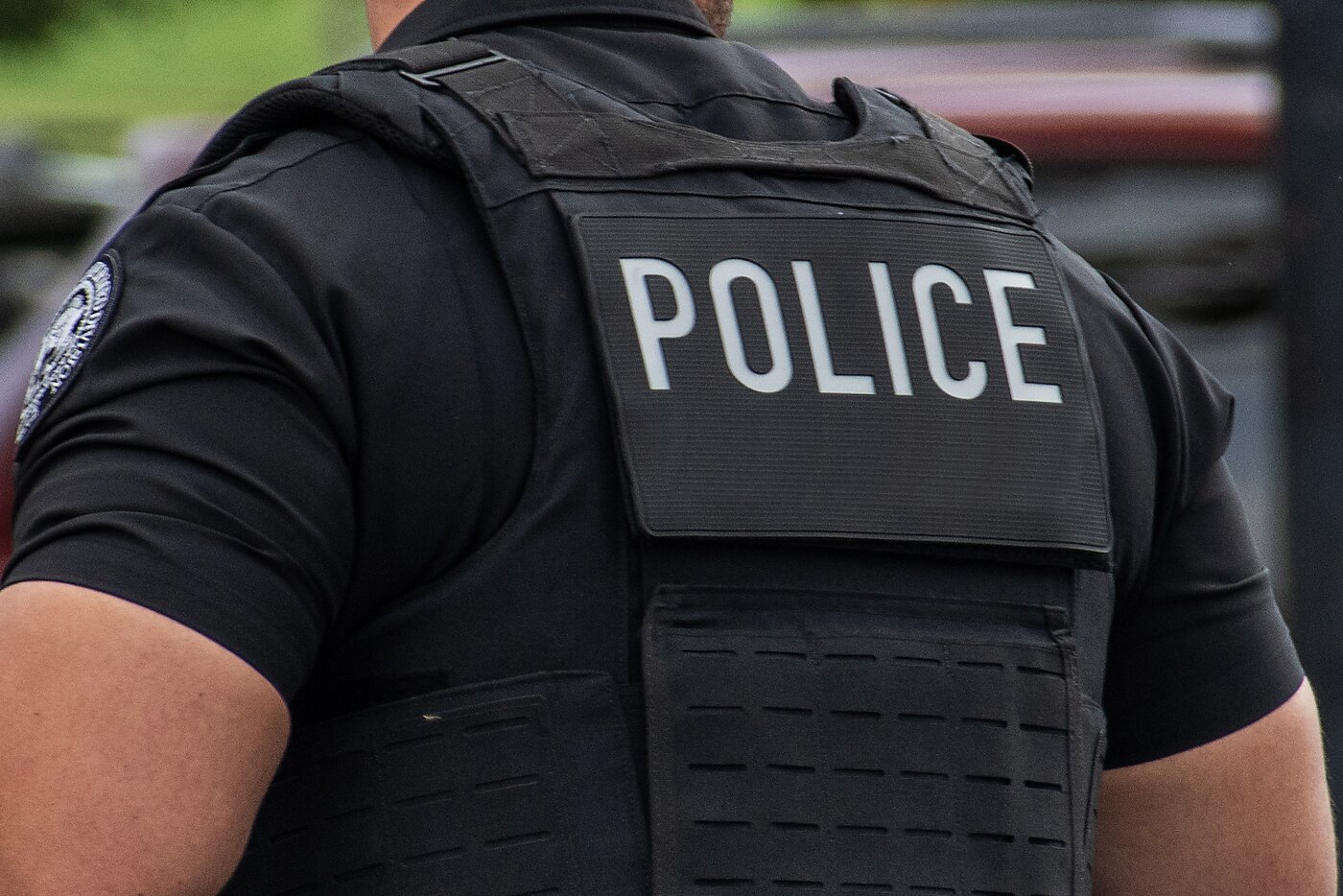
In 2017, St. Louis police officer Christopher Tanner shot fellow officer Milton Green when both were in the line of duty. Tanner claimed that he shot Green, who was off-duty and outside his own home, because Green—despite facing the opposite direction—had pointed a gun at him and defied his commands. But Green alleged that he actually kept his gun pointed at the ground, displayed his badge, and was shot before he could respond to any command. Green was undisputedly upholding his oath to protect and serve by helping to apprehend fleeing suspects when Tanner shot him in the arm, permanently disabling him and ending his career.
However, when Green brought a lawsuit against Tanner for violating his civil rights, the district court and the Eighth Circuit treated the reasonableness of Tanner’s factual mistakes as a question of law for judges rather than a question of fact for a jury. The district court concluded that Tanner could reasonably have mistaken Green’s badge for a gun. In doing so, the court abrogated to itself the jury’s role as factfinder and its prerogative to make witness-credibility determinations.
The Eighth Circuit affirmed, concluding that even with Green’s gun pointed toward the ground, “there was still a serious risk he could raise the gun and fire… in a split second.” That court went even further: it ruled that judges can excuse an officer’s mistakes based on facts he did not know at the time he used force. And, most shockingly, it effectively held that any time police encounter an armed individual, deadly force is reasonable as a matter of law—thereby endangering the life of every American who exercises his Second Amendment rights.
Green has appealed to the Supreme Court. Cato filed an amicus brief, joined by the Law Enforcement Action Partnership (LEAP), the Rutherford Institute, and the Southern Center for Human Rights, arguing that the Court should grant review and reverse the decision below. Displacing the jury’s role undermines the justice system prescribed by the Constitution. American juries were conceived as a critical check on government power. The Seventh Amendment codifies this guarantee in civil cases, and federal law empowers ordinary citizens to hold state officials accountable when they trample upon people’s rights. By converting disputed factual questions of reasonableness into issues of law for judges, the decisions stripped juries of their constitutionally assigned role and gutted the mechanism Congress designed to ensure official accountability.

